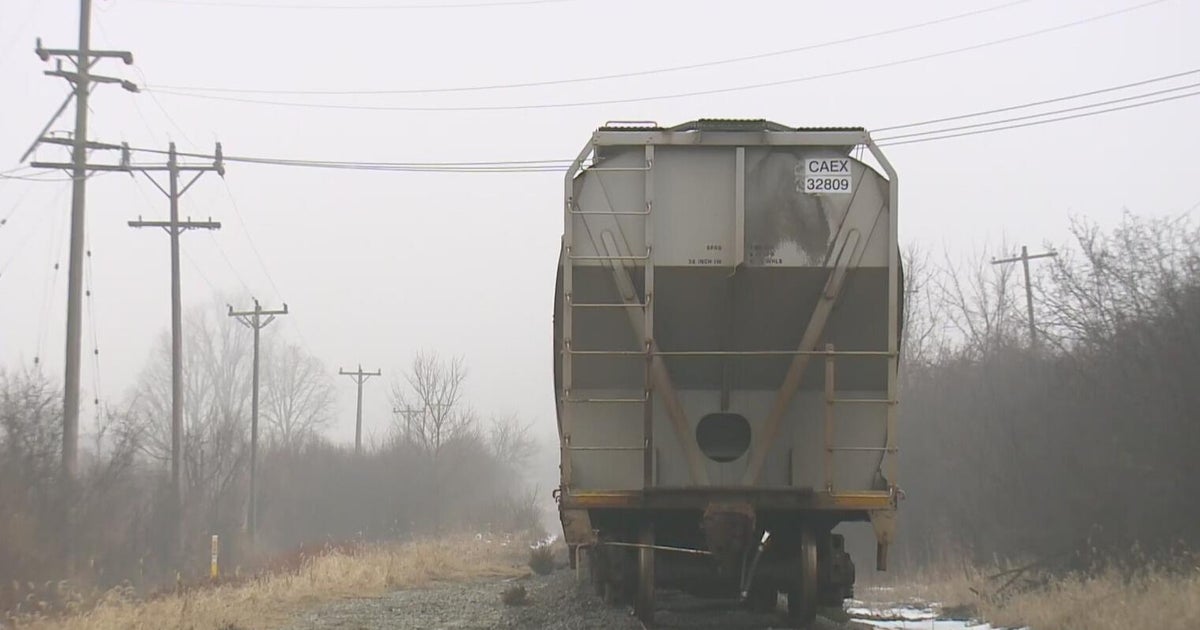Albuterol shortage could worsen after asthma drugmaker's closure
A shortage of albuterol, a widely used drug for the treatment of asthma and respiratory syncytial virus (RSV), could worsen after a major manufacturer, Akorn, shuttered three of its facilities last month.
Akorn, a generic drug maker which filed for Chapter 7 bankruptcy last month, shut down its facilities in New Jersey, New York and Illinois. Its Illinois factory was licensed to produce liquid albuterol used in nebulizers, a type of medical device that converts the respiratory medication into a mist that can be inhaled.
The closures leave only one domestic supplier of liquid albuterol fully operational in the U.S. However, another pharmaceutical supplier is gearing up to build a second supply, the Washington Post reported.
The FDA said in an email to CBS MoneyWatch that it will assess how the Akorn closures may affect drug supply chains nationwide.
Albuterol is among the top ten most commonly prescribed medications in the U.S., according to a recent study.
The drug has been on the FDA shortage list since last fall, where it joined dozens of other generic drugs that are in short supply nationwide. Generic drugs, which are priced much lower than their brand-name counterparts, are less profitable for drugmakers. As a result, they often have fewer manufacturers, which leave them more susceptible to shortages if one producer fails or closes factories.
Several months before Akorn closed its facilities, the company had stopped shipping out its 20-milliliter bottles of liquid albuterol, according to Premier, a group purchasing organization (GPO) for major U.S. hospitals.
Akorn's closures could prolong those shortages into 2023, Premier added.
As their Albuterol supplies shrink, hospitals have turned to compounding, a process in which drugs are combined by a pharmacist to create a unique formulation that meets a patient's unique needs. This has allowed hospitals to stretch their supplies of the drug, the Washington Post noted. Due to those efforts, patients have remained insulated from the direct effects of the shortage.







